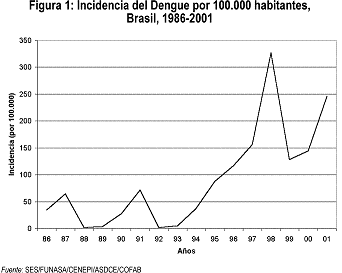 The acronym RPBI corresponds to Hazardous Biological-Infectious Waste, which is generated in health centers, chemical laboratories or research centers.
The acronym RPBI corresponds to Hazardous Biological-Infectious Waste, which is generated in health centers, chemical laboratories or research centers.
RPBIs are made up of microorganisms that are potentially a risk to health and the environment and, therefore, represent a danger that must be known and tried to prevent.
RPBI classification
According to the established norms, the following substances or elements are considered RPBI: blood, cultures of infectious biological agents, tissues that are removed in necropsies, disposable containers with liquid blood or materials intended for healing with blood or other fluids. corporal, as well as the sharp objects that are related to the sanitary activity.
To prevent the risk of diseases or contagions, it is mandatory that the packaging of these substances or objects is fully regulated and with a system of containers to organize the different types of waste.
Some important measures
Safety and hygiene specialists at RPBI advise a series of guidelines on what not to do: do not handle blood or other tissue samples without adequate protection, do not use a container for a purpose other than established and waste should not be located in places unprotected from mandatory security measures (for example, in a corridor or a bathroom) and bags with waste should not be overfilled to avoid possible accidents at the time of handling.
Safety and care in waste treatment is essential at RPBI
In relation to the personnel who handle and work with RPBI, it is necessary that they know the security measures and that they use the regulatory clothing. This means that all the activity related to the RPBI has processes and protocols that must be strictly respected and complied with, without any kind of improvisation or disorder.
Finally, it must be taken into account that waste treatment has its own methodology for each type of waste, so substances should never be mixed. In fact, if the waste classification is incorrect, this can produce an inactivation of the RPBI, which has a potential risk for the health of the population (the waste ends up in garbage collectors and from there certain diseases can be transferred to the population).
In conclusion, RPBIs are directly related to health and indirectly to the environment, so risk situations must be minimized.









